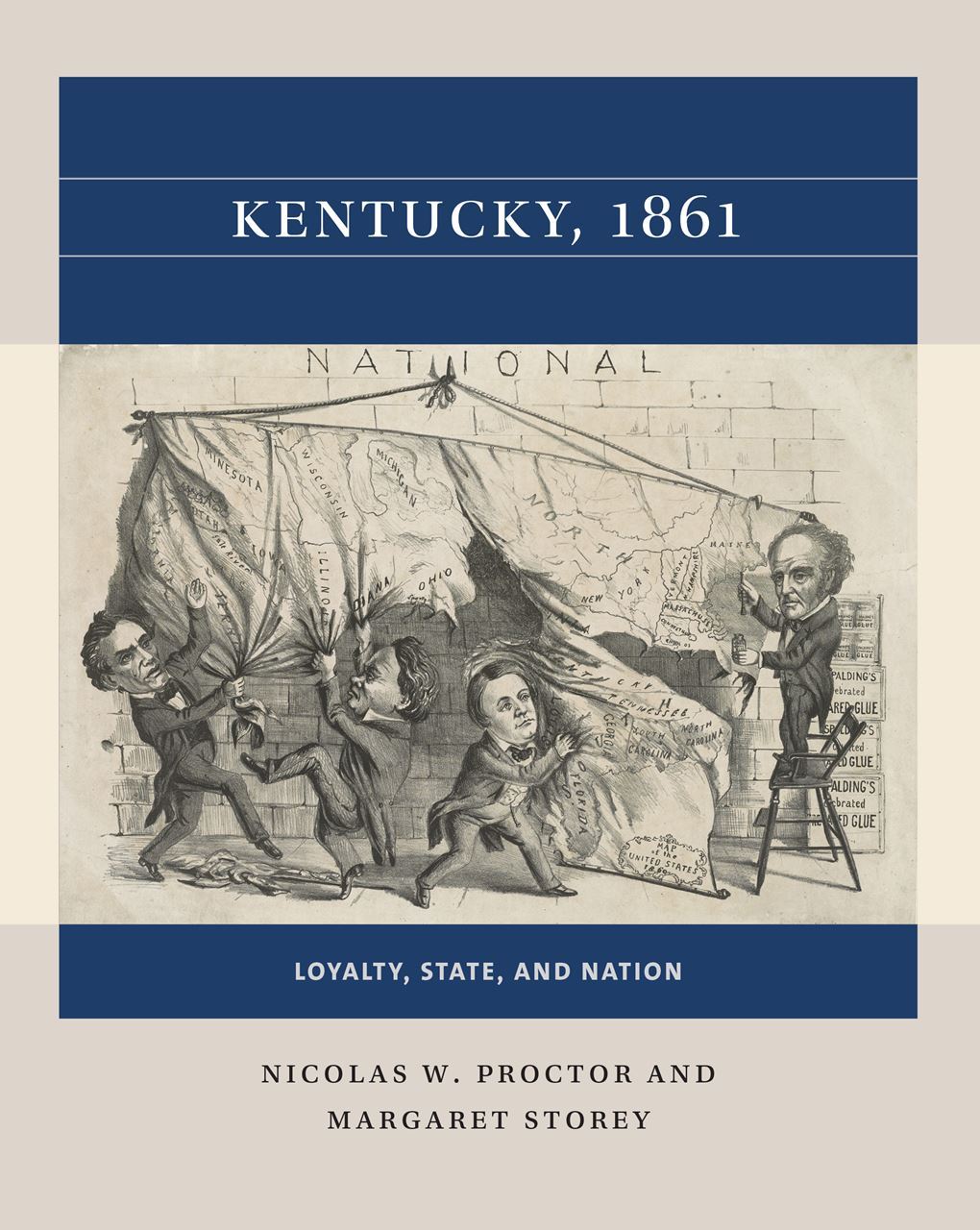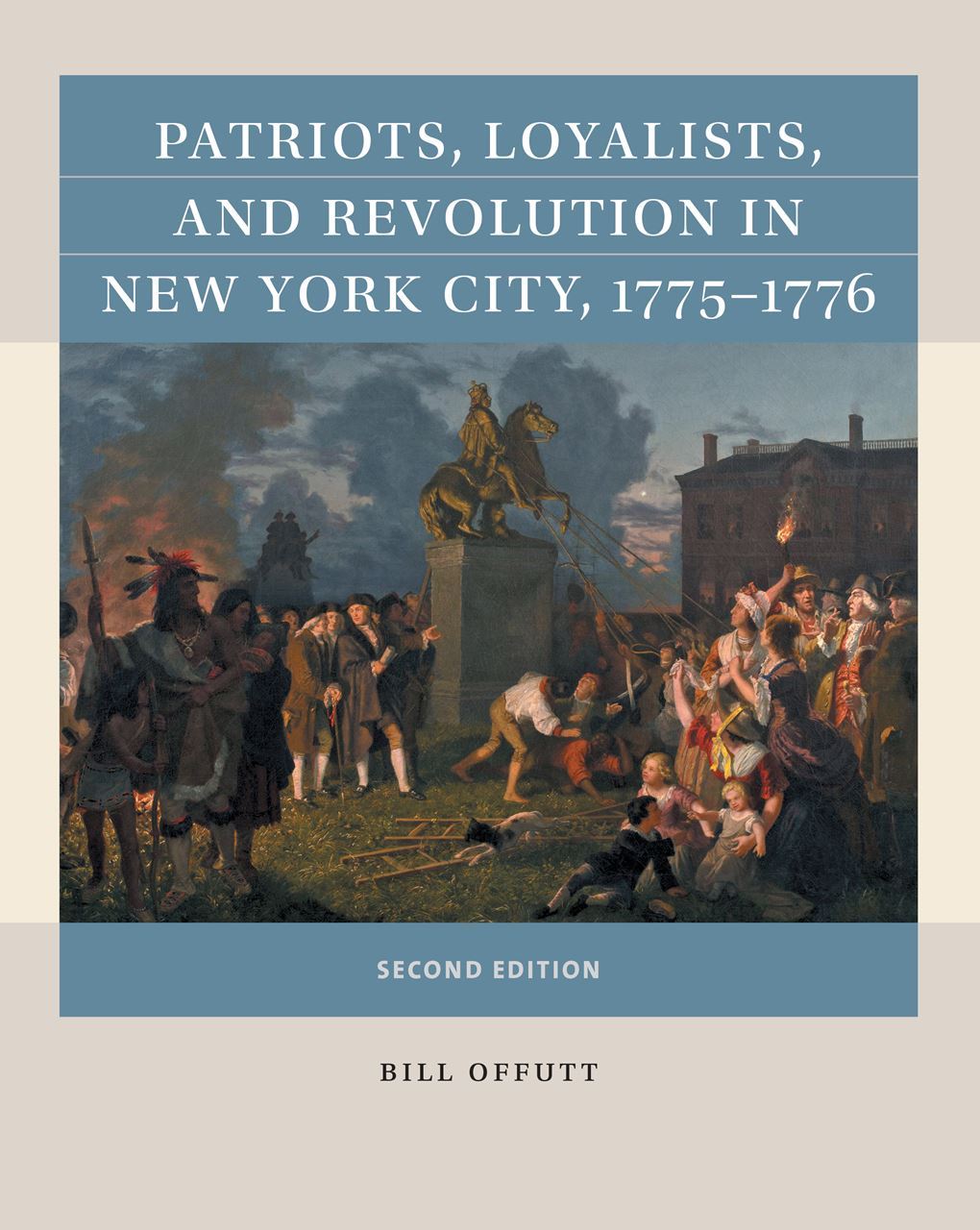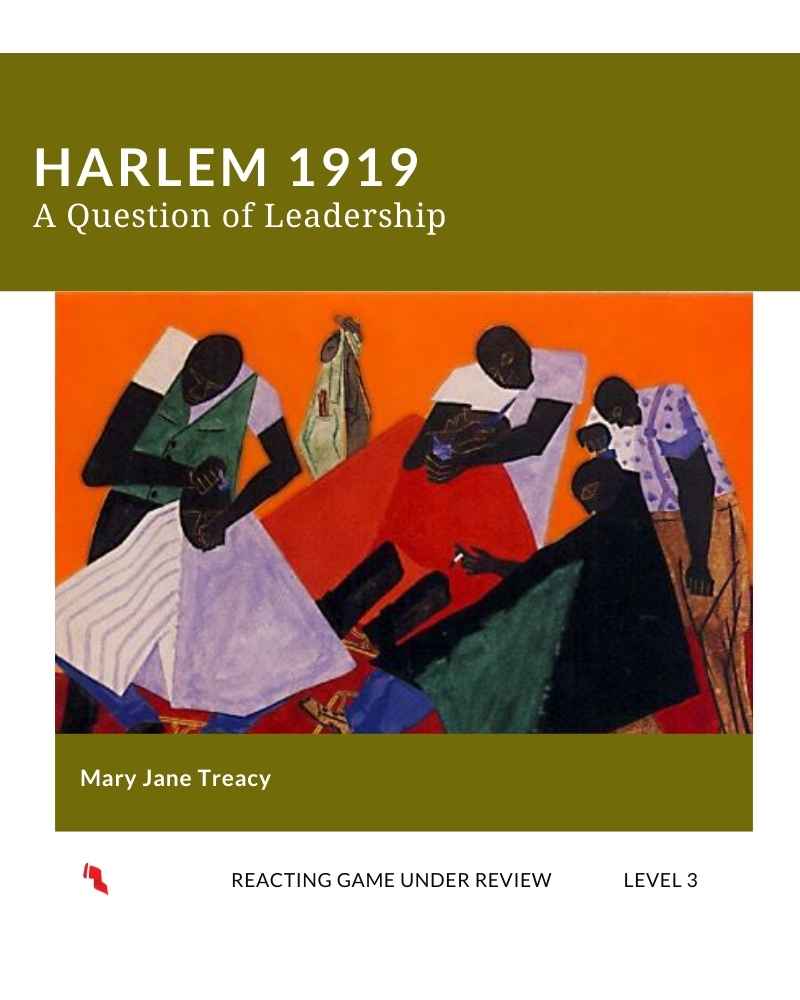 |
Play this game recently? | Navigate the perils of Reconstruction from the grassroots of the oddest city in the United States At the end of the Civil War, the Thirteenth Amendment ended slavery, but this was not the end of conflict. Vindictive former Confederates returned to power and sought to construct a new system of forced, race-based labor. The US Congress responded with military occupation and the Fourteenth Amendment. Louisiana’s wealth, diverse population, and lengthy experience with military occupation ensure that it will be one of the chief arenas of the struggles to reconstruct the union and rebuild southern society. As the largest city in the South, New Orleans was home to thousands of recently-enslaved Freedpeople as well as French-speaking Black Creoles, white unionists, German immigrants, and Yankee carpetbaggers. This game examines the ways in which these groups interacted with one another and contended with the myriad challenges of the Reconstruction era. Endemic corruption, widespread illiteracy, economic turmoil, and natural disaster complicated their efforts, as did violently racist former Confederates determined to restore their dominion. This game encourages players to contemplate the issues of political participation, suffrage, and civil rights at a local level. Players must consider the ways in which their commitment to education, religion, politics, and the use of force may alter their lives and those of others. To answer these questions, players must contend against one another, but they must also figure out how to work together against the white supremacist threat. This is a Level 3 game that is still under development but has been approved by the Reacting Editorial Board (REB) for general use. A detailed explanation of the editorial process and game levels can be found on our REB Page. |
Details
|
Using the Game
Class Size and Scalability Class Time |
 GAME MATERIALS
GAME MATERIALS
Reacting Consortium members can download all game materials below. You will be asked to sign in before downloading.
Gamebook Students need a Gamebook, which includes directions, resources, and historical content. | Instructor's Manual The Instructor's Manual includes guidance for assigning roles, presenting historical context, assignments, activities and discussion topics, and more. | Role Sheets and Handouts Students also need a Role Sheet, which contains biographical information, role-specific resources or assignments, and their character's secret victory objectives. |
Nicolas W. Proctor
Nicolas W. Proctor grew up in Little Rock, Arkansas. After completing his B.A. in history from Hendrix College, he received an M.A. in Diplomacy and International Relations from the University of Kentucky, as well as an M.A. and Ph.D. in American history from Emory University. He is now a Professor of History at Simpson College in Indianola, Iowa, where he has also served as department chair and director of the first-year program. Proctor is also the Chair of the Reacting Editorial Board, overseeing game development. He lives in Des Moines, Iowa, with his family, a print shop, lots of books, five chickens, and too many Legos. After completing a traditional historical monograph, Bathed in Blood: Hunting and Mastery in the Old South, he reoriented his research to fit the needs of a teaching institution and focused on writing historical role-playing games. |
Members can contact game authors directly if they have questions about using the game. We also invite instructors join our Facebook Faculty Lounge, where you'll find a wonderful community eager to help and answer questions.
|
|
|



